Detroit: Is Kathryn Bigelow a master of 'timebomb cinema'?
Director's harrowing docudrama is terrifyingly relevant
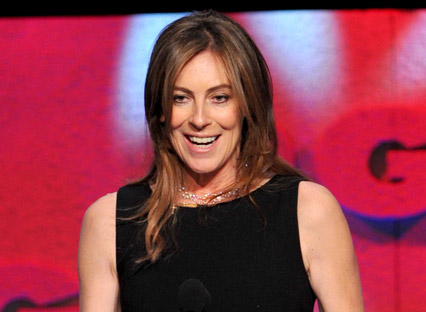
A free daily email with the biggest news stories of the day – and the best features from TheWeek.com
You are now subscribed
Your newsletter sign-up was successful
Detroit, an explosive drama based on the 1967 race riots in the US, has been called powerful, unmissable and "the film we need right now" – but not everyone is convinced.
Kathryn Bigelow, the Academy Award winning director of The Hurt Locker and Zero Dark Thirty, tackles a shocking episode of civil unrest that rocked Detroit in the summer of 1967.
Set during the 12th Street uprising, the film takes a wide-angle view of the explosive violence, arson and looting that followed a police raid on an African-American speakeasy, before zooming in on the events that unfolded when police were sent to the Algiers Motel in search of an alleged sniper. When the task force fail to find their suspect, they subject the mostly black guests to a horrifying ordeal of racial violence.
The Week
Escape your echo chamber. Get the facts behind the news, plus analysis from multiple perspectives.

Sign up for The Week's Free Newsletters
From our morning news briefing to a weekly Good News Newsletter, get the best of The Week delivered directly to your inbox.
From our morning news briefing to a weekly Good News Newsletter, get the best of The Week delivered directly to your inbox.
Detroit stars John Boyega (Star Wars: The Force Awakens), Jason Mitchell (Straight Outta Compton), Anthony Mackie (The Hurt Locker) and Will Poulter (The Maze Runner).
Simon Crook in Empire praises Bigelow as "a master of timebomb cinema" and its "tick-tocking rhythms", and says Detroit "detonates from the opening reel". It's a "gruelling, nightmarish, ferociously vivid riot epic", adds the critic, who dubs the film "unflinching, unmissable and terrifyingly pertinent."
Owen Gleiberman in Variety says that Bigelow's film dramatises "an incident of police terrorism at the heart of the 1967 Detroit riot" to create a drama that is "as powerful as it is timely". By digging into the toxic heart of the story, the critic adds, she is able to provide moviegoers, both black and white, with a dramatic experience that is "nothing short of a catharsis", and hopefully, "healing".
Stephanie Zacherek in Time is less impressed. The critic suggests "effective filmmaking isn't always the same as good filmmaking, and that subjecting an audience to this "unrelenting grimness" isn't the best way to convey the weight of injustice. She also criticises the lack of subtlety and "moustache-twirling cartoonishness" of the police characters.
A free daily email with the biggest news stories of the day – and the best features from TheWeek.com
"Detroit is the type of movie we need right now," says Zacherek. But she admits "there's no shame in wishing that it were a better one".
Christopher Orr in the Atlantic is also disappointed. Detroit is a "powerful, harrowing film", he says, adding "insofar as it seeks to place viewers in the shoes of its helpless, terrified victims of police brutality, it succeeds to an almost unbearable degree".
But Orr criticises the "narrow ambition" of a gifted filmmaker whose previous, more nuanced, films such as The Hurt Locker "conveyed not merely the conflict between characters but also that within them".
Detroit, by contrast, says Orr, is "purely a story of villains and victims, a horror movie made all the more horrible by the fact that it is true".
Detroit opens in UK cinemas on 25 August.
-
 The ‘ravenous’ demand for Cornish minerals
The ‘ravenous’ demand for Cornish mineralsUnder the Radar Growing need for critical minerals to power tech has intensified ‘appetite’ for lithium, which could be a ‘huge boon’ for local economy
-
 Why are election experts taking Trump’s midterm threats seriously?
Why are election experts taking Trump’s midterm threats seriously?IN THE SPOTLIGHT As the president muses about polling place deployments and a centralized electoral system aimed at one-party control, lawmakers are taking this administration at its word
-
 ‘Restaurateurs have become millionaires’
‘Restaurateurs have become millionaires’Instant Opinion Opinion, comment and editorials of the day
-
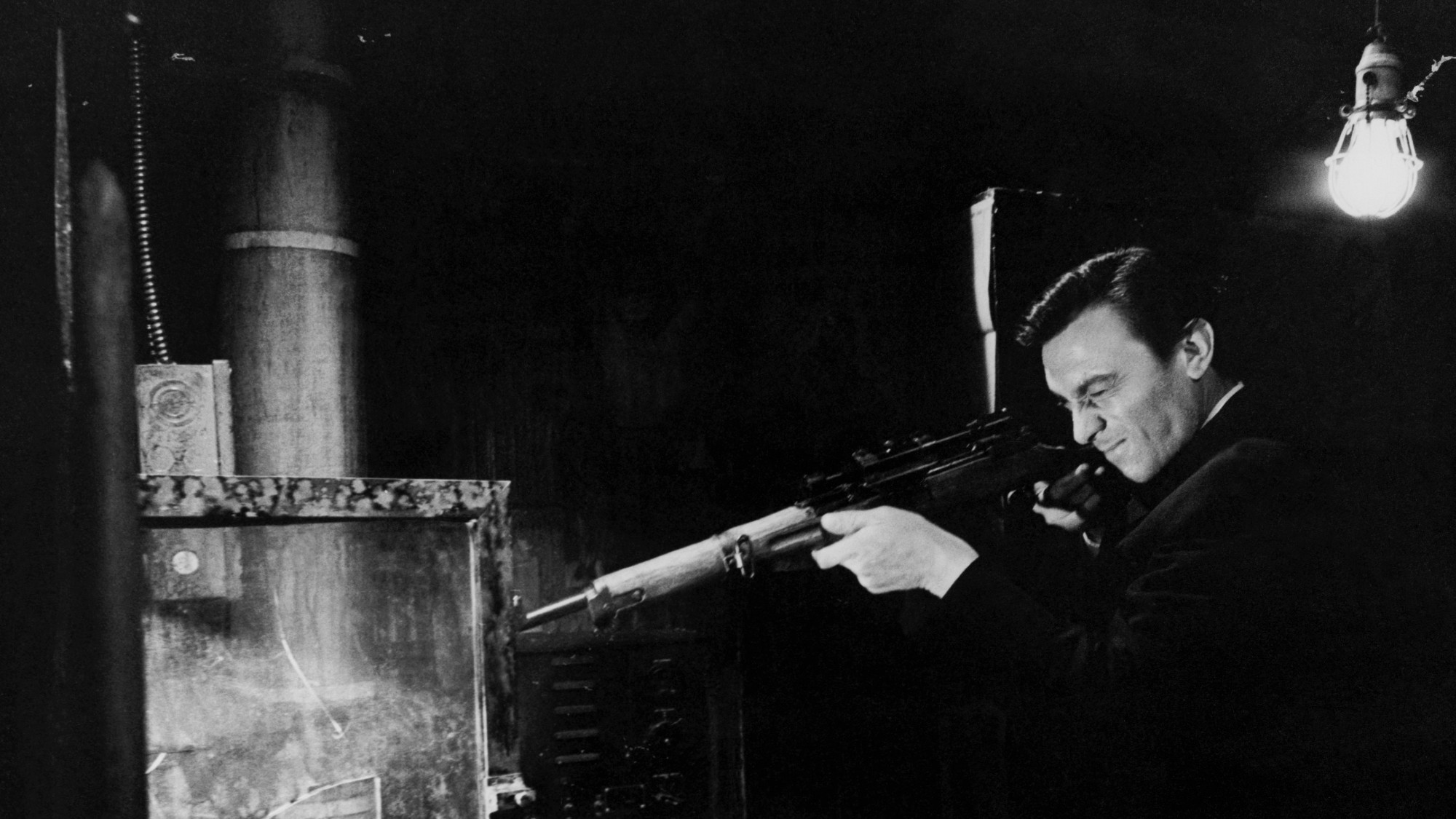 The 8 best spy movies of all time
The 8 best spy movies of all timethe week recommends Excellence in espionage didn’t begin — or end — with the Cold War
-
 Friendship: 'bromance' comedy starring Paul Rudd and Tim Robinson
Friendship: 'bromance' comedy starring Paul Rudd and Tim RobinsonThe Week Recommends 'Lampooning and embracing' middle-aged male loneliness, this film is 'enjoyable and funny'
-
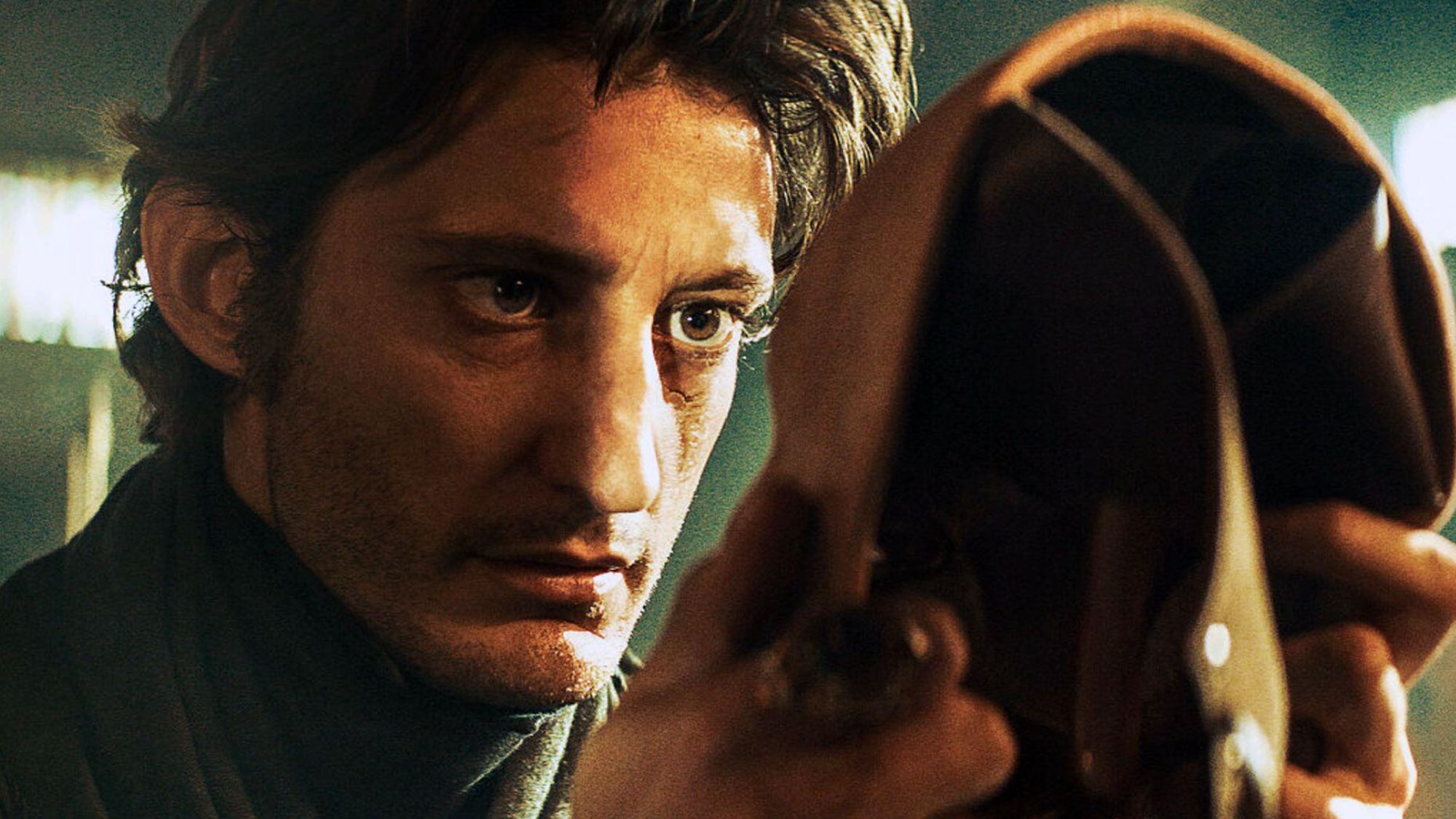 The Count of Monte Cristo review: 'indecently spectacular' adaptation
The Count of Monte Cristo review: 'indecently spectacular' adaptationThe Week Recommends Dumas's classic 19th-century novel is once again given new life in this 'fast-moving' film
-
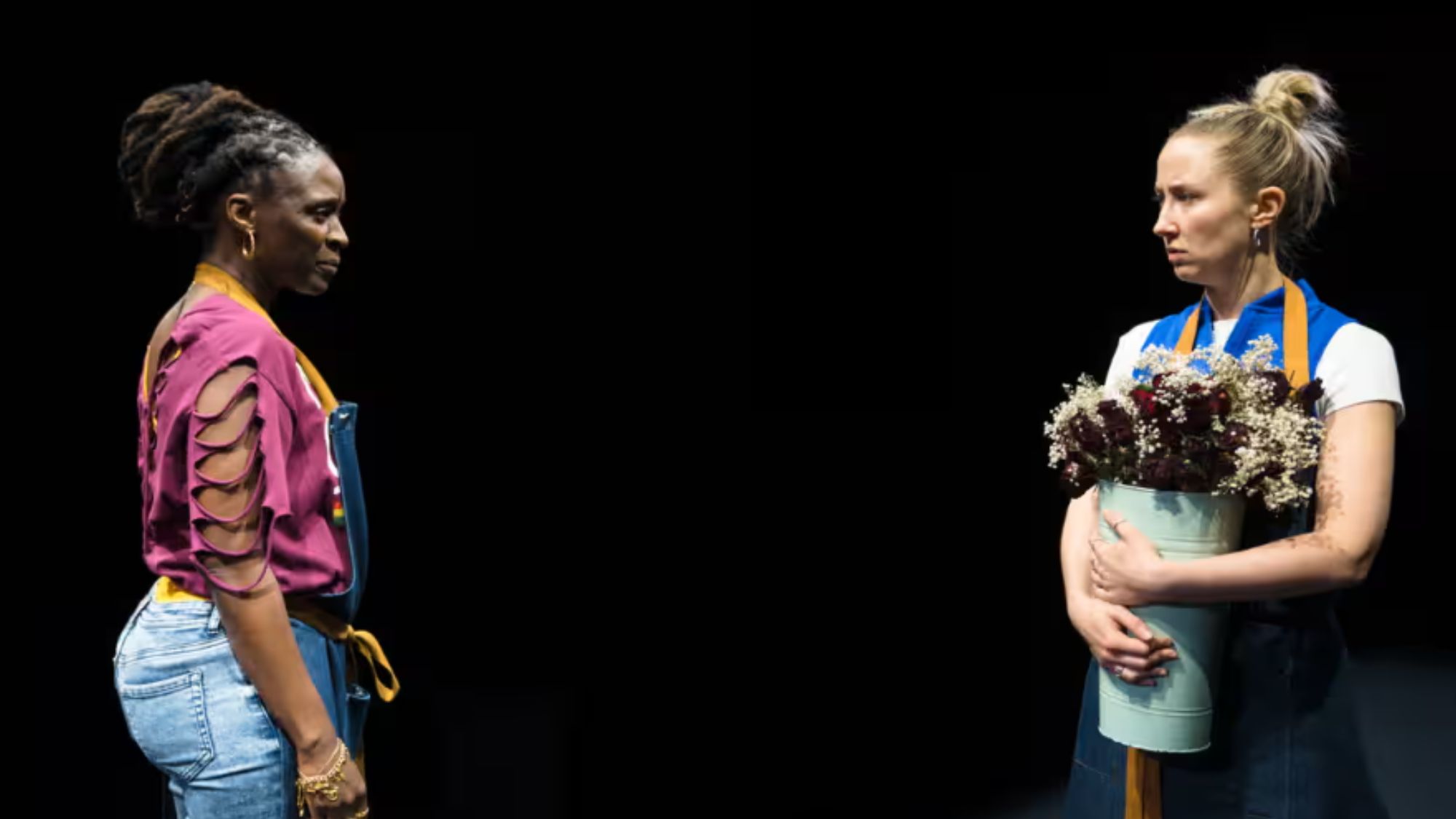 Death of England: Closing Time review – 'bold, brash reflection on racism'
Death of England: Closing Time review – 'bold, brash reflection on racism'The Week Recommends The final part of this trilogy deftly explores rising political tensions across the country
-
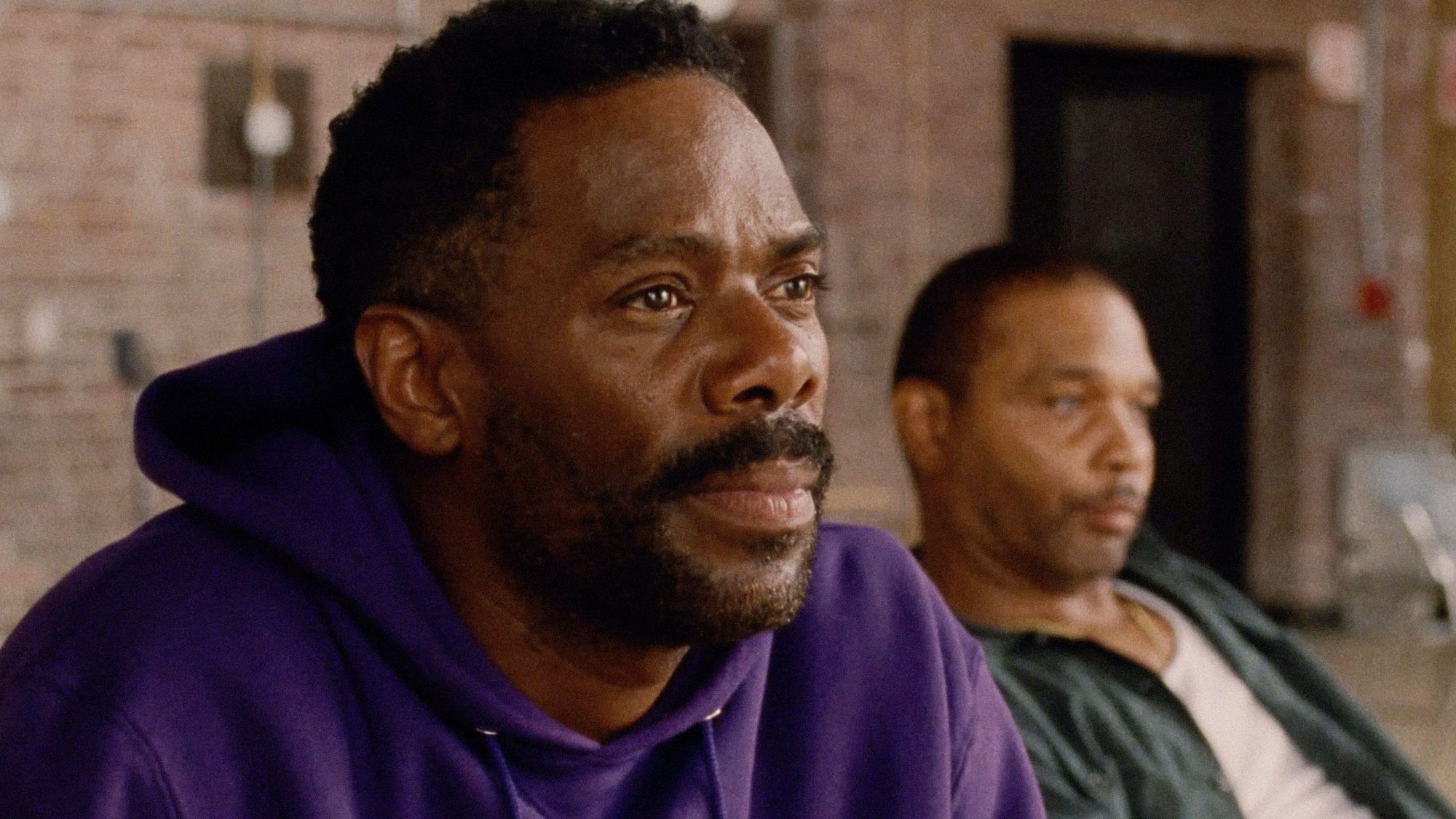 Sing Sing review: prison drama bursts with 'charm, energy and optimism'
Sing Sing review: prison drama bursts with 'charm, energy and optimism'The Week Recommends Colman Domingo plays a real-life prisoner in a performance likely to be an Oscars shoo-in
-
 Kaos review: comic retelling of Greek mythology starring Jeff Goldblum
Kaos review: comic retelling of Greek mythology starring Jeff GoldblumThe Week Recommends The new series captures audiences as it 'never takes itself too seriously'
-
 Blink Twice review: a 'stylish and savage' black comedy thriller
Blink Twice review: a 'stylish and savage' black comedy thrillerThe Week Recommends Channing Tatum and Naomi Ackie stun in this film on the hedonistic rich directed by Zoë Kravitz
-
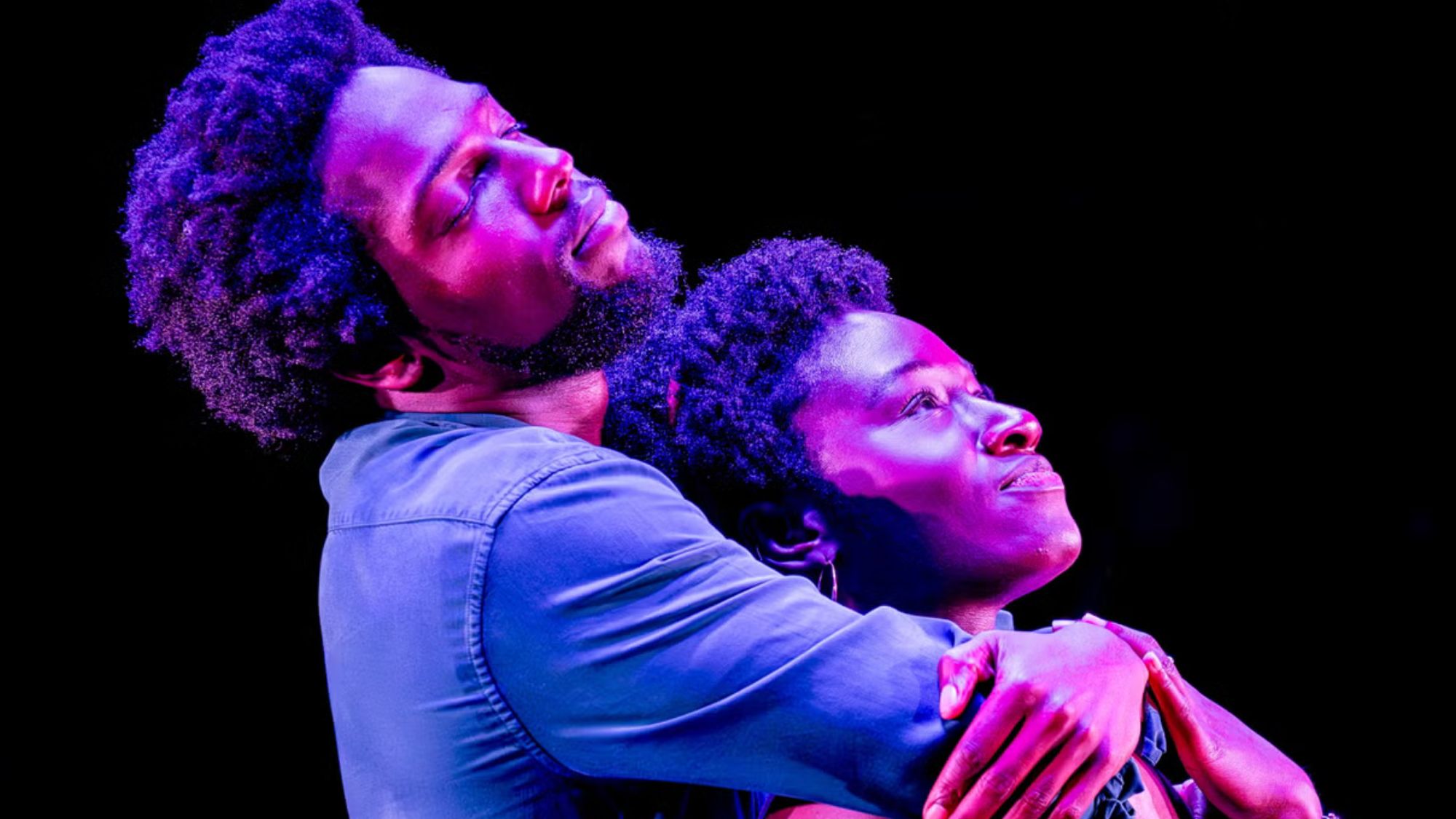 Shifters review: 'beautiful' new romantic comedy offers 'bittersweet tenderness'
Shifters review: 'beautiful' new romantic comedy offers 'bittersweet tenderness'The Week Recommends The 'inventive, emotionally astute writing' leaves audiences gripped throughout